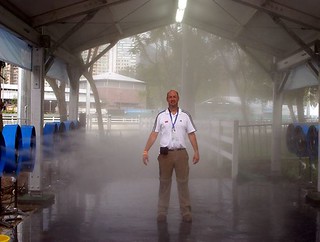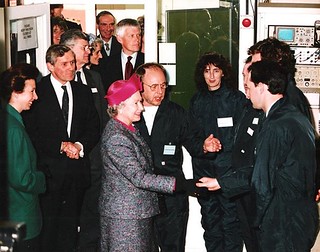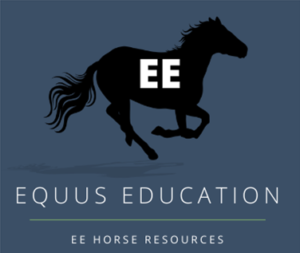A not for profit organisation was set up in 1983 to benefit Farriers in Western Canada. This is known as the Western Canadian Farriers Association. It states on their website that their main purpose is “to organise farriers for the promotion of excellence in the art and science of farriery.”

I like that the act of trimming and treating horses hooves is seen as both a science and an art! The WCFA is governed by a constitution and by-laws and membership occurs annually.
They further state on the WCFA site:
“The WCFA is not only an association concerned with farriers, but with everyone in the horse industry, aiming to inform the public, and particularly the horse owner, of the quality and standard of farrier service that is available.”
On the front page you can focus on their main points:
- Find a farrier
- Ask a farrier
- Join our membership
- Our newsletter
The Western Canadian Farriers Association
The site has more to offer than the above including business articles and articles by farriers. You can also find out about the association and membership fees. Knowing about associations like this could benefit you. Especially if you’re running a sole proprietorship or small business as is often the case as a farrier.
You’re able to show you run a quality business offering a great service by being part of a recognised association. You can also stay up to date on the latest news in your industry, promote your services and connect with other farriers in the region.
“A horse which stops dead just before a jump and thus propels its rider into a graceful arc provides a splendid excuse for general merriment.” ― H.R.H. Prince Philip





